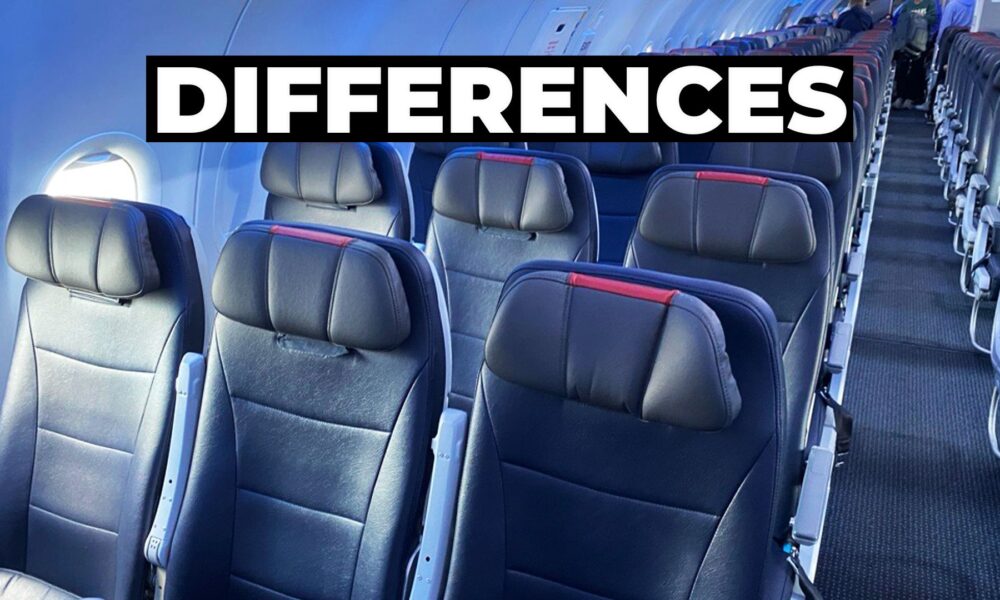The introduction of basic economy fares has transformed the travel landscape, allowing airlines to compete with budget carriers while providing a more affordable option for passengers. Since its launch by Delta Air Lines in March 2012, this fare class has sparked considerable debate about its implications for air travel.
Defining Basic Economy and Its Evolution
Basic economy is not a separate cabin but rather the lowest fare type within the economy class. It was first implemented by Delta as a strategy to counter the rising influence of ultra-low-cost airlines such as Spirit Airlines. While the seats offered are identical to those in standard economy, basic economy fares come with a series of restrictions that vary by airline.
Following Delta’s lead, other major carriers, including United Airlines and American Airlines, adopted similar fare structures by 2017. These airlines have expanded basic economy options across their domestic and international routes, further solidifying this fare type as a staple in modern air travel.
Restrictions and Variations Across Airlines
Basic economy tickets typically impose limitations, such as the inability to preselect seats, restrictions on checked baggage, and boarding in the final group. For instance, Delta’s basic economy ticket holders cannot accrue SkyMiles and must board last, while United’s basic economy passengers face similar boarding restrictions and cannot check any bags unless they are MileagePlus cardholders.
American Airlines offers a slightly different package, allowing basic economy passengers to check one bag and providing a fee-based seat selection option. Despite these differences, all airlines emphasize that basic economy tickets are designed to appeal primarily to cost-conscious travelers.
The rise of basic economy fares has generated a significant shift in consumer behavior. Passengers are often tempted by the lower price point, but the lack of flexibility may lead to higher overall travel costs if changes are necessary.
Impact on Airlines and Competitive Strategies
From a business perspective, airlines argue that basic economy fares enhance their competitiveness against budget airlines. While these fares may be cheaper, they often come with more restrictions, resulting in higher upsell opportunities for airlines. As noted by United Airlines CEO Scott Kirby, segmentation in revenue helps the airline cater to diverse customer preferences.
Airlines can adjust the number of basic economy tickets available based on demand, allowing them to fill larger aircraft more effectively. This strategy not only helps maintain price integrity but also supports legacy carriers in competing with budget airlines. The introduction of basic economy has led to rising challenges for low-cost carriers, as traditional airlines continue to adapt their pricing structures.
Future of Basic Economy and Potential Expansion
The basic economy model has proven successful, prompting speculation about its potential expansion into business class. In 2019, Emirates introduced “Special” business class fares, suggesting a shift towards offering more options in premium travel segments. Both Delta and United have hinted at similar strategies, indicating that the segmentation of pricing could become a broader trend across all classes of service.
As airlines explore various fare types, including basic business class options, they aim to make premium travel more accessible while enhancing revenue opportunities. This shift reflects changing consumer preferences, as more leisure travelers opt for business class, traditionally reserved for corporate clients.
The landscape of air travel continues to evolve, with basic economy fares playing a pivotal role in shaping the future of airline pricing strategies. As legacy carriers adapt to maintain competitiveness, it remains to be seen how these changes will impact passengers and the industry as a whole.







